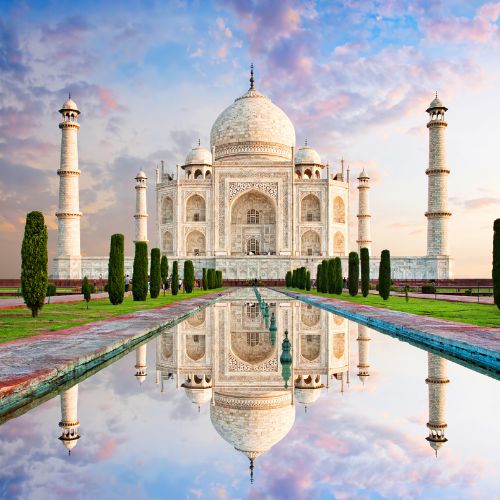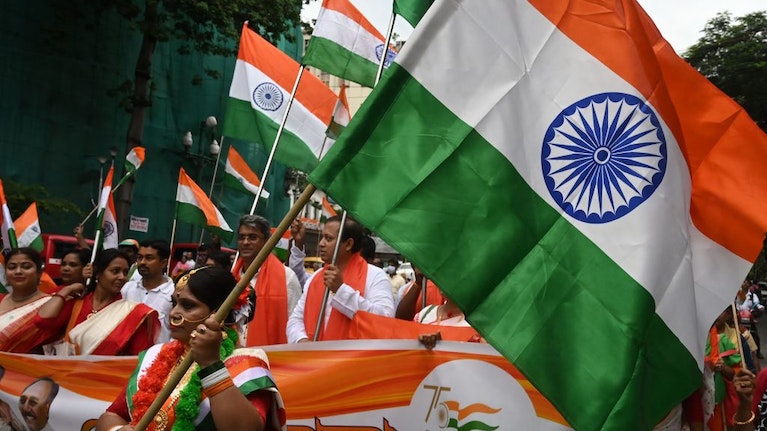The opportunity costs of excluding India are also far too high, comparable to telling the Indian people that their voices matter less than far smaller countries. The case for including China when the five permanent members were established — both the sheer size of the nation and that it was a growing independent power (whereas India was still a colony and had no geopolitical rights) — should hence be applied to India.
By empowering India through Security Council membership, the United Nations would equip the country’s leadership with greater prestige and credibility as an international actor, but also spur productive, organic changes in domestic politics. For one, permanent members are subject to heightened scrutiny of moral standards. While this did not stop the U.S. from invading Iraq or Russia attacking Ukraine, the rest of the world still holds higher expectations from the P5, a force that would compel India to address issues related to alienation of disenfranchised communities, including non-Hindus.
Despite the wealth and progress achieved through colonialism, imperialist conquest and military force, the West is no longer the power it once was. With increasing global economic uncertainties and political instability, precipitous inequalities and democratic failure, the West has lost the moral authority it had once sought to spread around the world; its lectures to other countries as to how they ought to govern themselves no longer carry the weight they once did.
Today, the West contains less than half the combined population of China and India. The two nations can and should imagine a global order in the 21st century steered by a Sino-Indian duo, one oriented around principles of peace and communitarianism as opposed to the confrontational tendencies that have long underpinned the Western approach to foreign policy.
China’s interest in supporting India’s bid is for several compelling reasons oriented toward China’s economic trajectory and ideological commitments. China offers a vast market for Indian firms seeking to transition away from more traditional industries. China also has an outsized financial market of liquidity and mobile capital, of which Indian startups and technological innovation could take advantage. India, meanwhile, provides a wealth of younger human capital that can support China’s transition into a higher-income country.


























